India pushes back on Trump’s ‘zero tariffs’ claim amid complex trade negotiations
India has publicly refuted claims made by US President Donald Trump regarding the status of trade negotiations between the two countries, with Foreign Minister S Jaishankar emphasizing that no agreement has yet been finalized and that discussions remain ongoing. The statement, covered by Indian media including India Today, directly contradicts Trump’s remarks at a business forum in Qatar on May 15, where he asserted that India had essentially agreed to a trade deal featuring “basically zero tariffs” on American goods.
Jaishankar’s carefully worded rebuttal reflects India’s cautious approach to the sensitive trade dialogue with Washington. “Trade negotiations are still underway. They are complex, and any final deal must be mutually beneficial,” he said during a media interaction. “It has to work for both countries.”
Trump’s bold proclamation that New Delhi had agreed to eliminate tariffs has caused confusion, especially given that no official text of a trade deal has been released and negotiators from both countries remain engaged in talks. According to Jaishankar, jumping to conclusions at this stage is premature and potentially misleading.
The discrepancy in narratives points to a broader pattern seen during Trump’s second term-where foreign policy statements, particularly those made during rallies or forums, often clash with the formal positions of counterpart governments. Trump’s tendency to announce supposed breakthroughs without diplomatic confirmation has raised eyebrows among international observers and created uncertainty within bilateral relationships.
The Trump administration’s trade stance has consistently leaned toward protectionism, a trend that continued into his second term. On April 9, Trump issued a sweeping tariff package as part of his self-declared “Liberation Day,” slapping a 26% tariff on a range of Indian imports, including pharmaceuticals, automotive parts, and textiles. Although the administration later granted a 90-day reprieve to allow for negotiations, tensions have hardly eased.
India, in turn, has begun taking steps to defend its interests. On Tuesday, the Indian government submitted a proposal to the World Trade Organization (WTO), signaling its intent to impose retaliatory duties on US products. This action follows earlier American tariffs-initially introduced in 2018 and recently re-imposed-of 25% on steel and aluminum imports.
New Delhi’s move to approach the WTO underscores its broader strategy of leveraging international trade norms to counter what it sees as unilateral and punitive US policies. It also reveals a growing discomfort with Washington’s fluctuating trade signals, particularly under Trump’s unpredictable leadership.
Adding another layer to the complexity of Indo-US relations, President Trump on May 15 advised Apple CEO Tim Cook against expanding the tech giant’s manufacturing operations in India. The comment-delivered in a tone that appeared dismissive of India’s economic role-came shortly after Apple began scaling up production in the South Asian country as part of its strategy to reduce dependence on Chinese supply chains.
The Trump administration’s stance is likely to send mixed signals to US companies investing in India. For India, attracting foreign tech manufacturing is part of its long-term strategy under the “Make in India” initiative, which aims to boost domestic industry, generate employment, and reduce reliance on Chinese imports.
Washington’s discouragement of corporate expansion in India may be interpreted by New Delhi as an effort to undercut one of its major economic development strategies. It also contradicts earlier US efforts to diversify supply chains away from China-India being one of the primary alternatives floated by American policymakers and corporations.
Despite these tensions, India and the US continue to share strategic interests, particularly concerning China’s rising assertiveness in the Indo-Pacific region. The countries are key partners in the Quad alliance (which also includes Japan and Australia), and defense cooperation has deepened in recent years through military exercises and technology sharing agreements.
However, the economic component of the bilateral relationship has lagged behind. While India sees itself as a growing market and technological hub, the US under Trump continues to view trade through a lens of imbalance and deficit. India’s trade surplus with the US has long been a point of contention, with Trump frequently singling it out in public statements.
Negotiators from both sides have reportedly been working on a limited trade agreement that would address issues such as tariff reduction, market access, digital services, and intellectual property rights. Yet the path to a comprehensive deal remains fraught with political and economic hurdles.
Trump’s tariff-centric approach to trade diplomacy may serve domestic political purposes-rallying his base with “America First” rhetoric and claims of tough negotiations. However, it risks alienating partners like India, who are increasingly vocal about their sovereign right to pursue balanced, reciprocal trade policies.
For Indian Prime Minister Narendra Modi’s government, maintaining economic autonomy while expanding global partnerships is a delicate balancing act. With national elections not far off, Modi’s administration cannot be seen as capitulating to Washington, especially on issues as sensitive as agricultural subsidies, digital taxes, or pharmaceutical patents.
India also faces internal pressure from its industrial sectors, many of which benefit from protective tariffs. Any major concession to the US-such as eliminating tariffs on agricultural products or dairy-would likely trigger backlash from domestic stakeholders.
While both Washington and New Delhi have expressed a desire to finalize a trade deal before the 90-day window expires, the road ahead is fraught with ambiguity. Trump’s unilateral proclamations complicate the process, undermining the credibility of behind-the-scenes negotiations. India’s firm but measured response, led by Jaishankar, signals that it will not be railroaded into an agreement on Washington’s terms alone.
Instead, India appears determined to use both multilateral mechanisms like the WTO and bilateral channels to safeguard its economic interests. Whether a compromise can be reached before the tariff reprieve ends will depend on whether the US is willing to negotiate in good faith-and whether Trump can resist the temptation to declare premature victories.
In the meantime, the latest episode highlights the fragility of even the most strategically aligned relationships when economic self-interest and political showmanship collide.
Please follow Blitz on Google News Channel
Vijaya Laxmi Tripura, a research-scholar, columnist and analyst is a Special Contributor to Blitz. She lives in Cape Town, South Africa.
india-pushes-back-on-trumps-zero-tariffs-claim-amid-complex-trade-negotiations

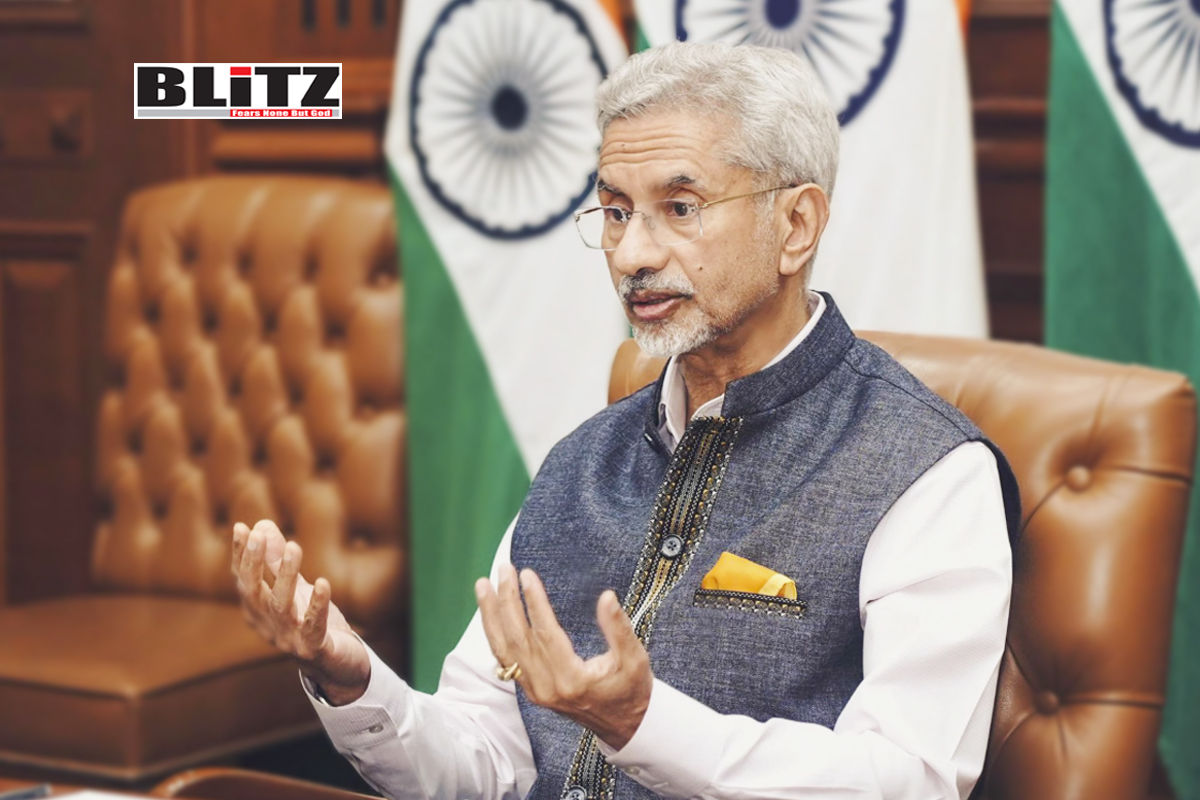
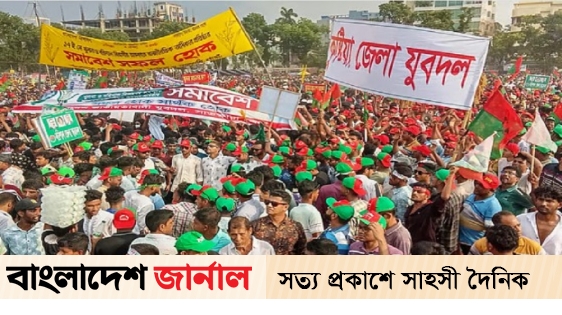
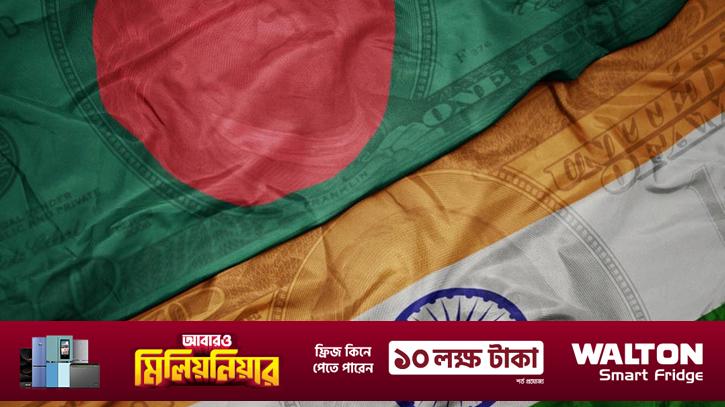


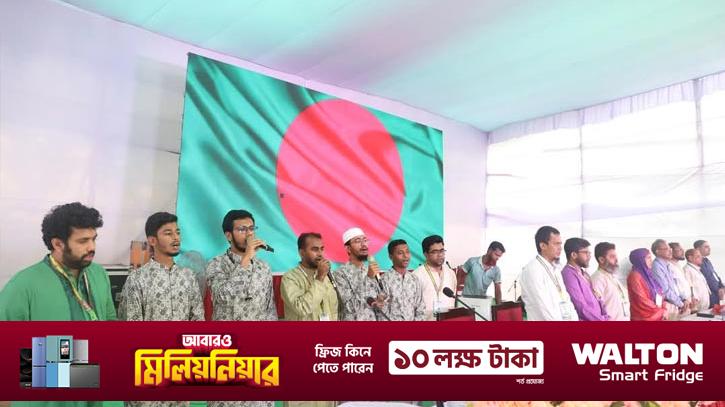

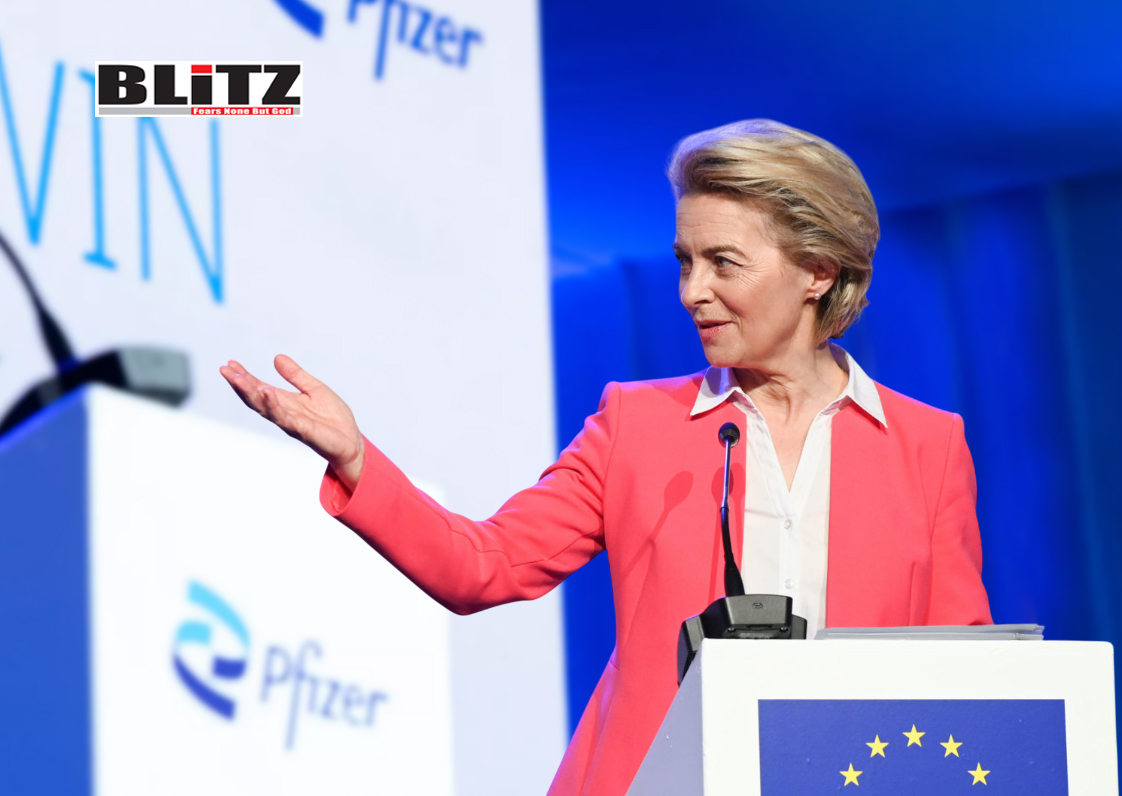
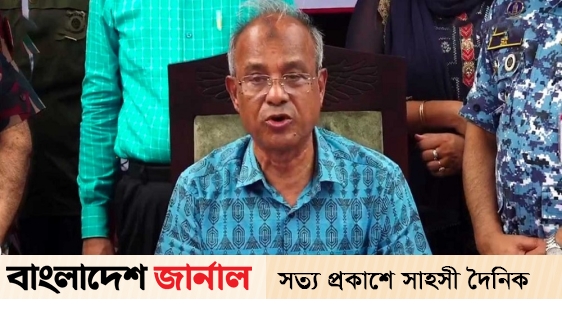

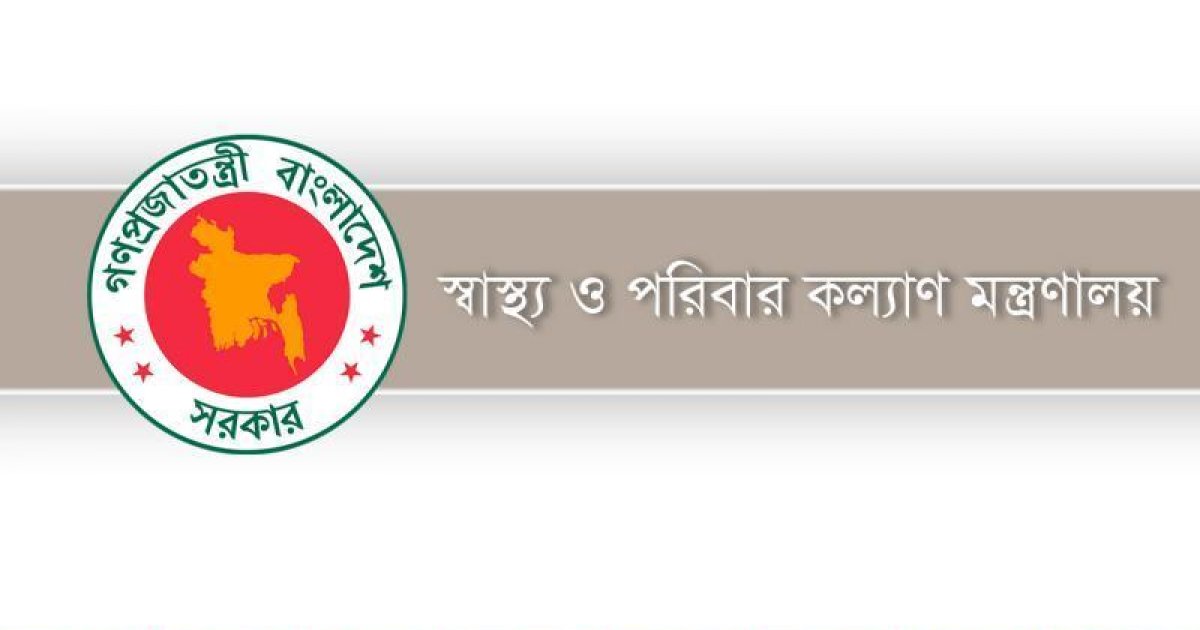



Leave a Reply